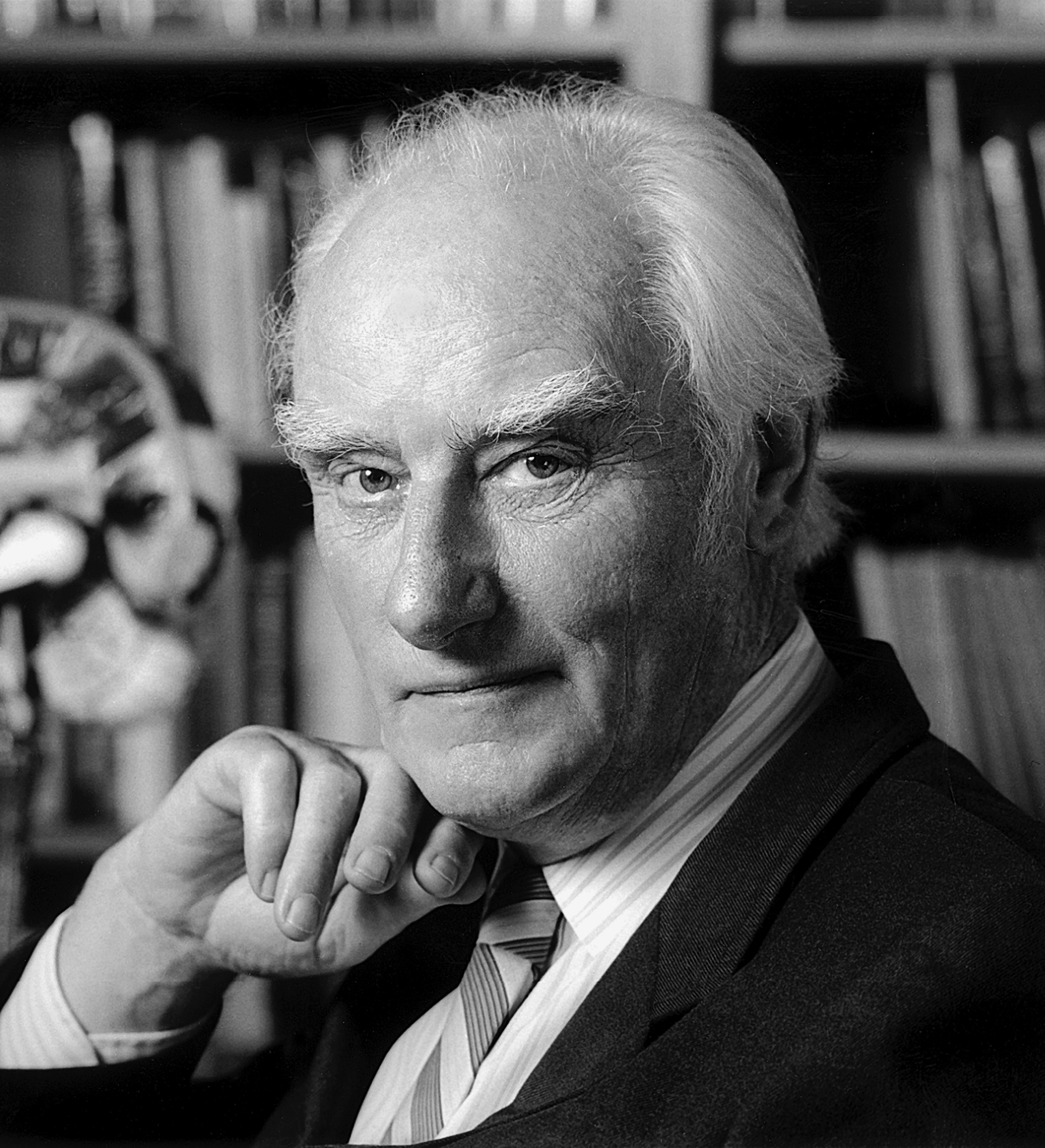This practical course demystifies copyright for students researchers, transforming complex legal concepts into actionable knowledge for your research career. Through engaging content, you'll learn how copyright protects and enhances your work, how to navigate publication agreements while maintaining your rights, and how to legally use others' work while properly sharing your own. The course balances European legal frameworks with practical research scenarios you encounter daily, from collaboration agreements to data sharing and open access publishing. By completing this course, you'll gain the copyright literacy needed to protect your intellectual contributions, amplify your research impact, and collaborate effectively across institutional and international boundaries.
General compliance training for all new employees in admin/SSUs and for all colleagues who missed the first round of compliance trainings last year.
- Teacher: Julia Lintner
- Teacher: Gabriele Buchner-Kranzl
- Teacher: Stephan Stadlbauer

In this loosely connected module, you are free to choose any topic that may interest you. We will delve into papers describing ground breaking experiments that changed the course of science and discuss contemporary topics allowing for further in depth exploration.
Format: Course participants can read the research papers at any time, questions for reflection and exploring the findings will guide and enhance your understanding. A zoom meeting will be organised by the module organizer with potential invited guests.
Aim: To equip you with an understanding of the nature of scientific discoveries that goes beyond any textbook and to allow you to reflect on your own science.
Francis Crick, co-discoverer of the structure of DNA, said you should perform science that passes the "gossip test". Meaning that you are likely to gossip about the science that interests you most. Meanwhile, Jim Watson, his highly controversial colleague, argued that you as a scientist should avoid "boring"science. Let's discover together the joy of scientific discoveries.
Please enrol in moodle, by clicking on this course heading and then the cogwheel on the next page, select "enrol me in this course"
Modules:
1) The nature of the triplet code and the wobble hypothesis
Module organizers: Birgitta Olofsson and Mario de Bono
2) Can we find the causes of variation in complex traits?
Module organizer: Nick Barton
- Teacher: Birgitta OLOFSSON

Christopher Moncrieff, poet, literary translator and Fellow of the Royal Literary Fund, will be IST’s first Writer in Residence.
He will be able to offer advice on academic writing, including QE proposals, theses, CVs, cover letters, reference letters and communications with journal editors.
He will be running Workshops and 1:1 Supervisions. To participate in these workshops and supervisions please enroll yourself (doodle will follow) or drop Birgitta (birgitta.olofsson@ist.ac.at) an email on preferred date and time (options see schedule). Christopher will also offer 2 Lectures open to all without registration. Lecture 1 will cover CVs, cover letters, personal statements (target audience: students, staff, interns and post docs, while Lecture 2 will focus on recommendation letters, effective emailing and correspondence with journal editors (target audience: post docs and faculty). These lectures may be offered via e-learning only.
Are you a considering a Marie Curie Individual fellowship application?
Join us for a friendly workshop in which successful grant applicants will share their experiences of the application process, and research support staff will give their views on what makes a successful application. You will gain insightful advice on key elements of a successful application. The event is organized by the grant office together with career development.
Course description
1. What needs to be done to write a successful proposal? Gains and pains of proposal writing.
2. Feedback from successful MSCA applicants: What does it take to create a successful application?
3. How to write a training/career development plan and get the best out of your fellowship?
- Teacher: Daniela Klammer
- Teacher: Cornelia SCHRAUF
Course description: The coaching workshop will deal with the Postdoctoral funding schemes Hertha Firnberg and Elise Richter https://www.fwf.ac.at/en/research-funding/fwf-programmes/firnberg-programme/. We will read a successful application and its reviews together, spotting the strengths and weaknesses of the proposal. Further details on the application process as well as strategic information and the does and don’ts will be discussed. The second part of the workshop will focus on working out a career development plan. A former successful Firnberg/Richter candidate will be present to share her experiences with the audience. The workshop will be of great value to participants in preparing their own successful grant application for a FWF Firnberg/Richter fellowship program (submission deadline: May 29, 2019).
Targetgroup:
§ Female postdocs of any scientific discipline.
§ Meet the principle of territoriality, i.e. either have had their main residence in Austria for at least three of the past ten years at the time the application is submitted, or have been working continuously as a researcher in Austria for at least two consecutive years preceding the submission of the application.
§ Funding: 36 months (Hertha Firnberg) or 12-48 months (Elise Richter).
§ No age limit.
- Teacher: Daniela Klammer
- Teacher: Cornelia SCHRAUF
Course description: The focus of this workshop is to slip into the mind of an evaluator. Participants will read and evaluate a successful fellowship proposal. The results will be compared with ones from an official review report spotting the strengths and weaknesses of the proposal. This and practical tips will support workshop participants in preparing their own successful grant application for a DOC fellowship https://stipendien.oeaw.ac.at/en/stipendien/doc/.
Targetgroup:
- Students max 2 years after completion of the Diploma or Master degree at the date of submission 28.02.2019
- Students without MSc degree: QE is mandatory at the date of submission
- No age limit
- Teacher: Cornelia SCHRAUF
- Teacher: Hanna Spiro
- Teacher: Stephan Stadlbauer